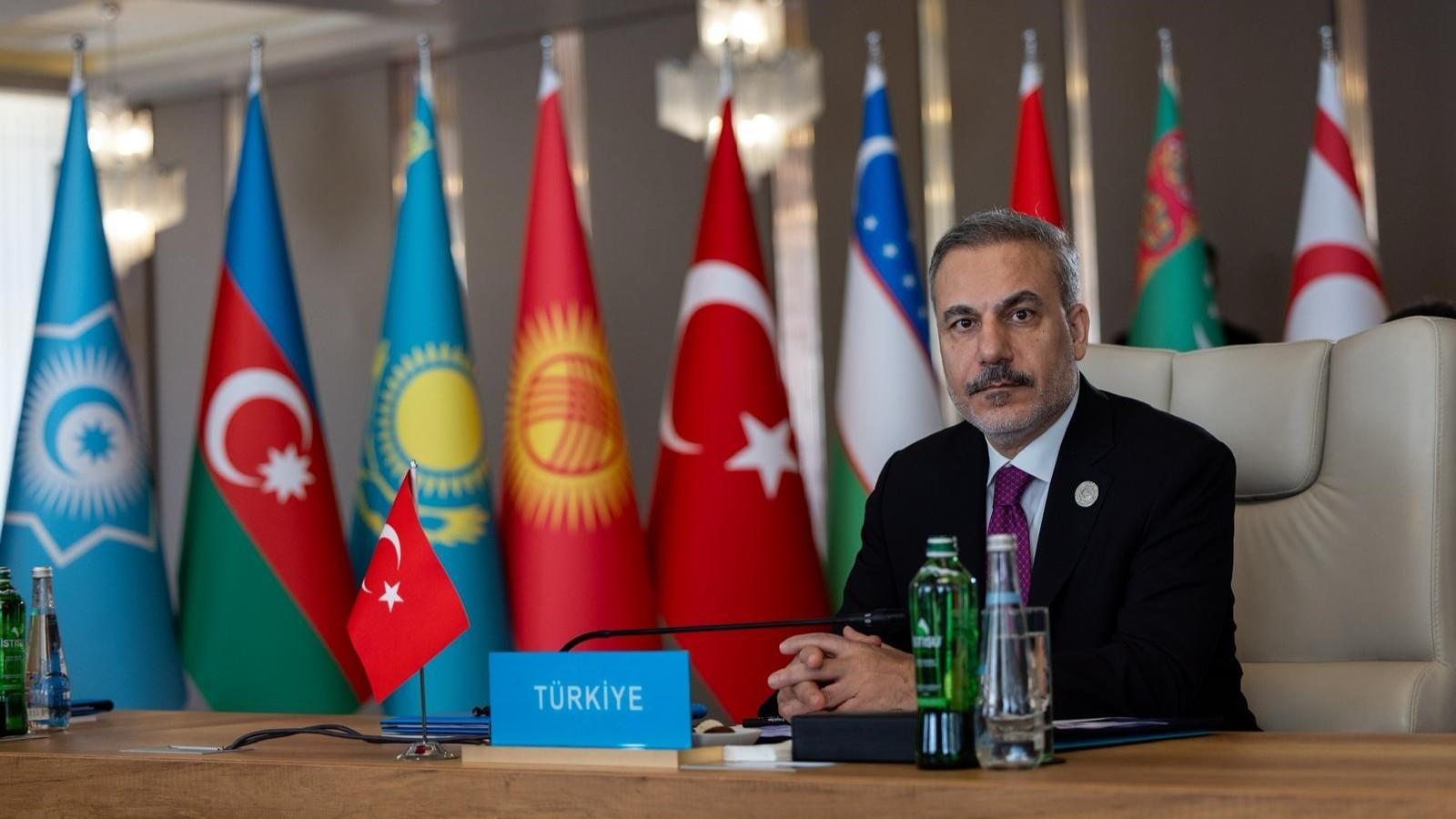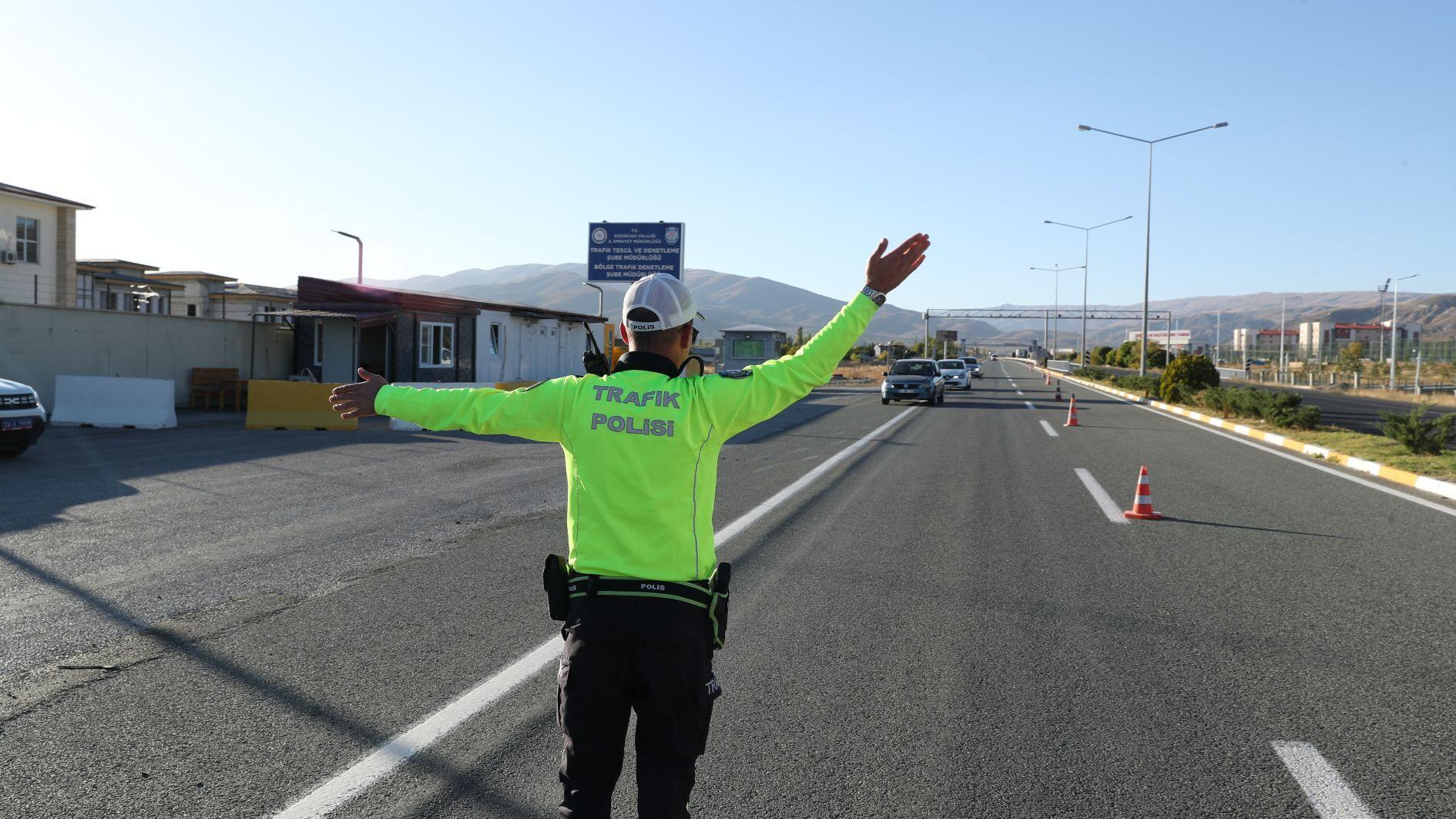Turkish MPs pass bill to legalize pharmacy sale of medicinal cannabis
ANKARA

The Turkish parliament has passed a legislative bill introducing new regulations in the healthcare sector, including provisions that will allow the sale of cannabis-derived products through licensed pharmacies.
Under the new law, the cultivation and harvesting of cannabis will fall under the jurisdiction of the Agriculture and Forestry Ministry.
The processing, export, licensing, registration, authorization and sale of medical cannabis products will be overseen by the Health Ministry.
Sales will be strictly confined to pharmacies, with safety and traceability ensured through an electronic monitoring system.
Speaking in the parliament, ruling the Justice and Development Party (AKP) MP Leyla Şahin Usta stated that cannabis is widely used for medical purposes across the globe, stressing that the legislation aims to enhance Türkiye’s competitiveness in this growing sector.
Medical cannabis-based products are distinct from recreational marijuana and its derivatives. The psychoactive component of cannabis is known as THC (tetrahydrocannabinol). Strains containing less than 0.3 percent THC are typically classified as “low-THC” and are not considered to have narcotic effects.
Speaking to media, Taner Ercanlı, a board member of the Turkish Pharmacists' Association, noted that low-THC medical cannabis is often recommended for patients suffering from severe pain due to conditions such as cancer and multiple sclerosis.
He added that it is used across a broad spectrum of treatment areas due to its analgesic and antidepressant properties.
Pharmacists have welcomed the move, viewing it as a positive step in aligning Türkiye with global practices regarding therapeutic cannabis use.
The legislation also introduces additional reforms in the healthcare sector. Private healthcare institutions will be prohibited from engaging in promotional activities that exceed the bounds of informational content and veer into advertising.
Additionally, physicians, dentists and specialists will not be allowed to work at more than two medical institutions.
Furthermore, individuals who wish to donate their entire bodies, organs or tissues for therapeutic, diagnostic or scientific purposes after death will now be able to register their consent through the government’s online portal e-Devlet or via digital systems operated by the Health Ministry.
















